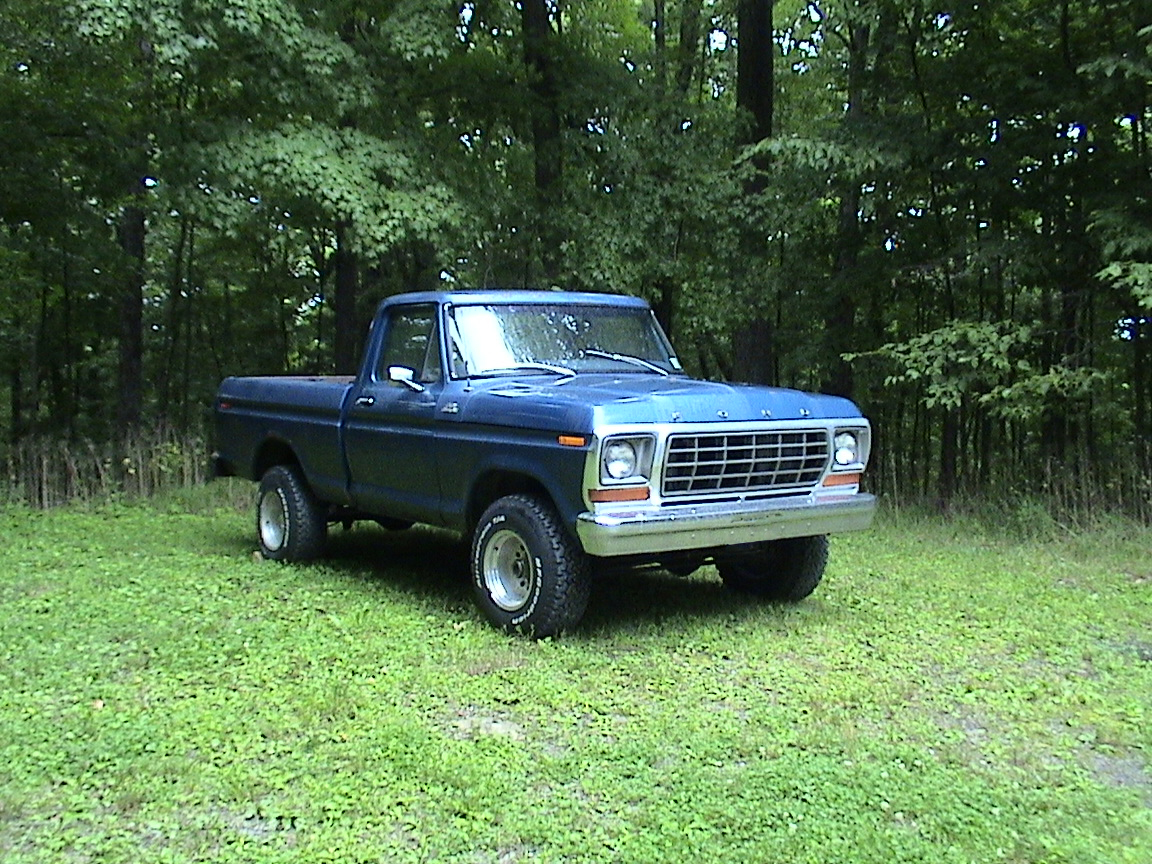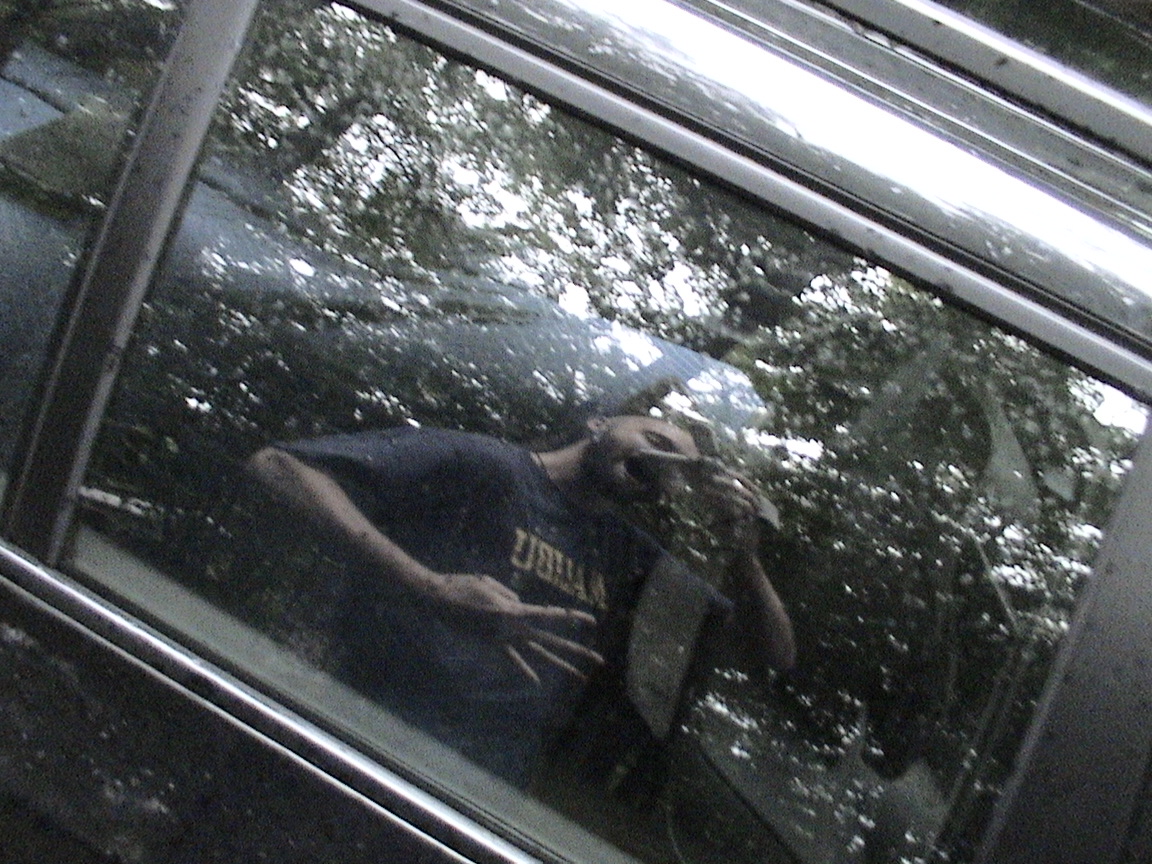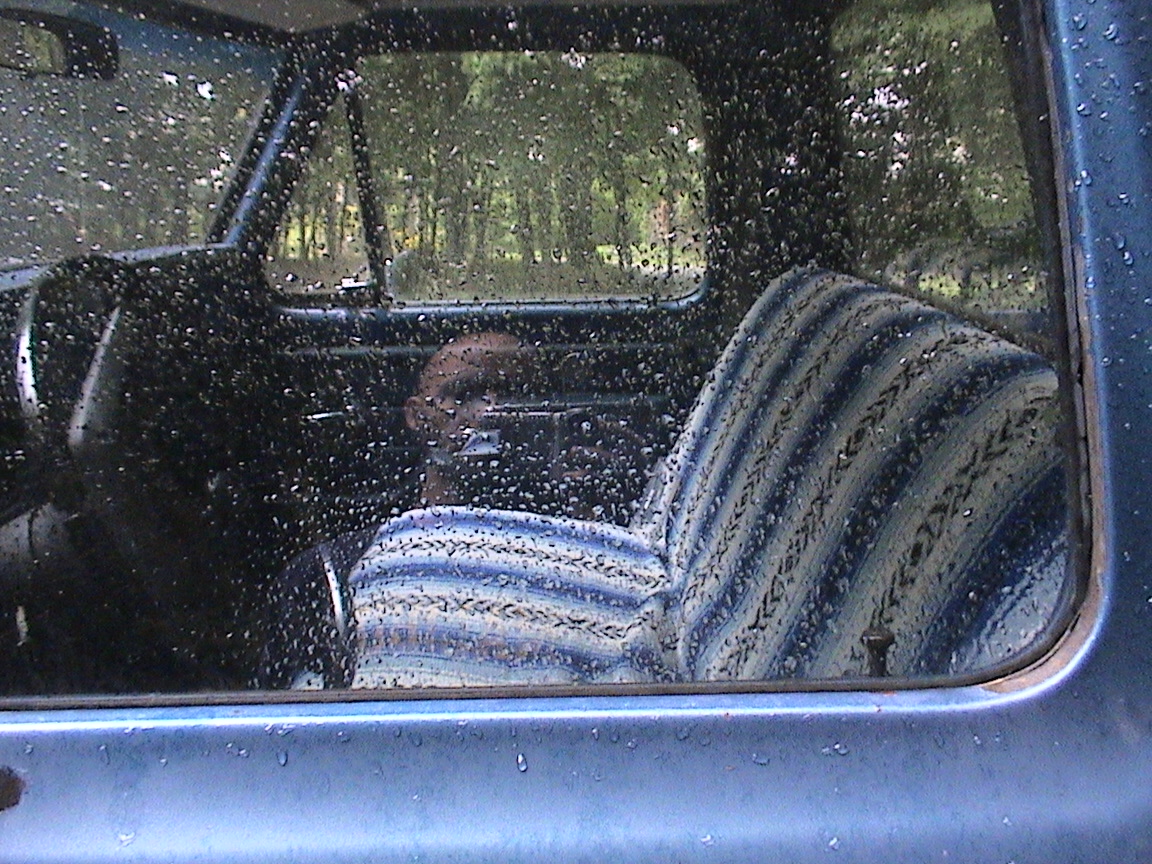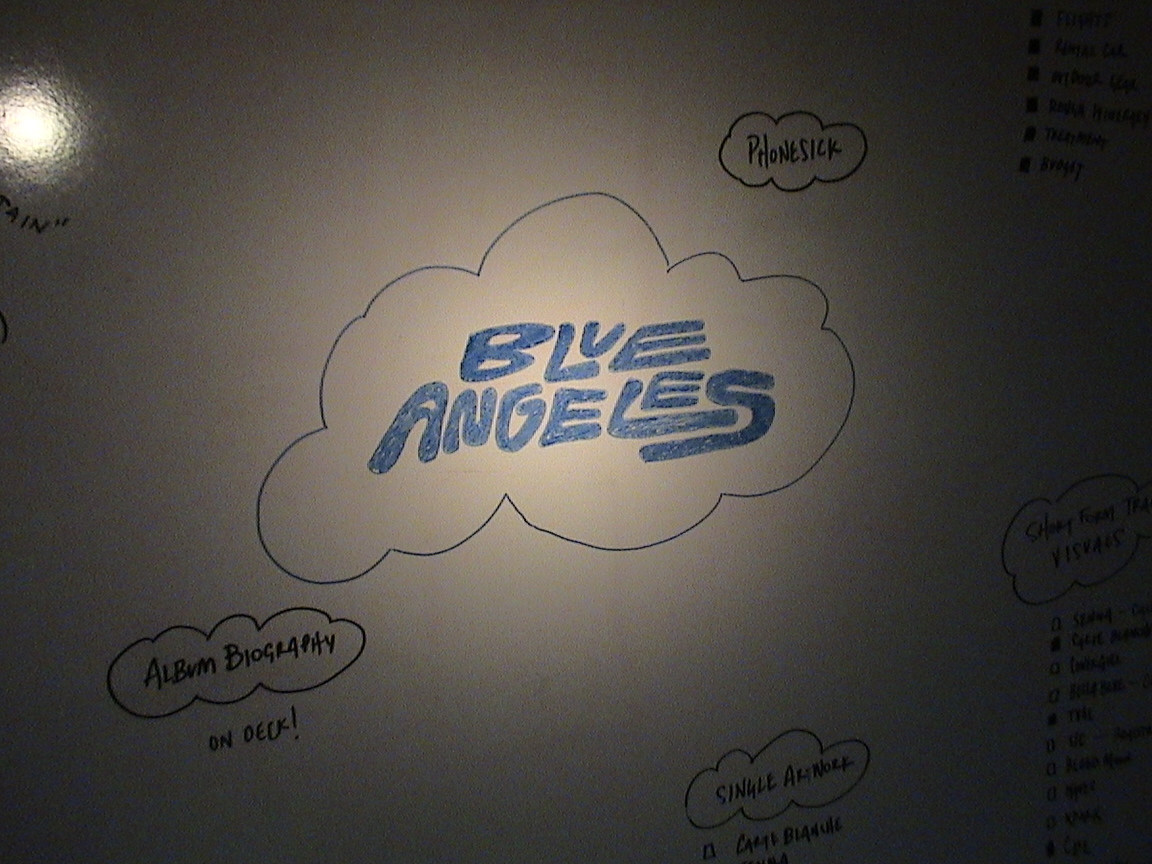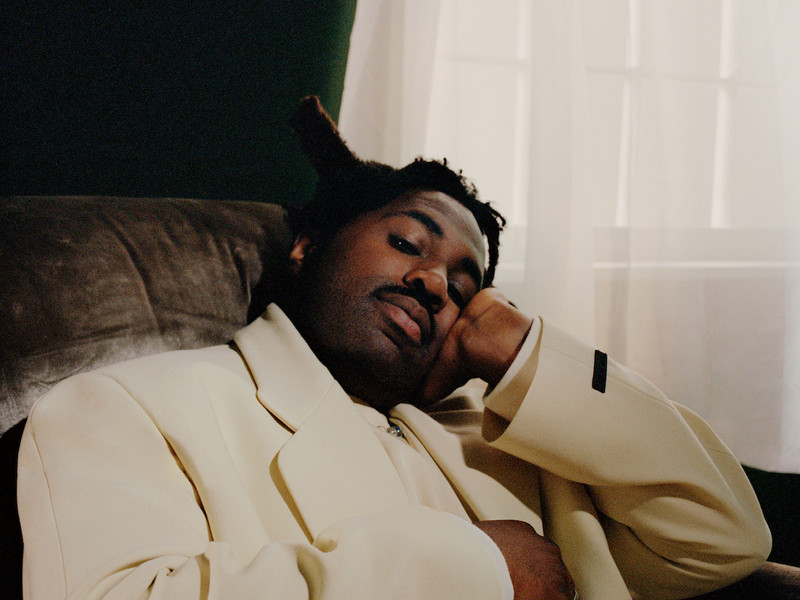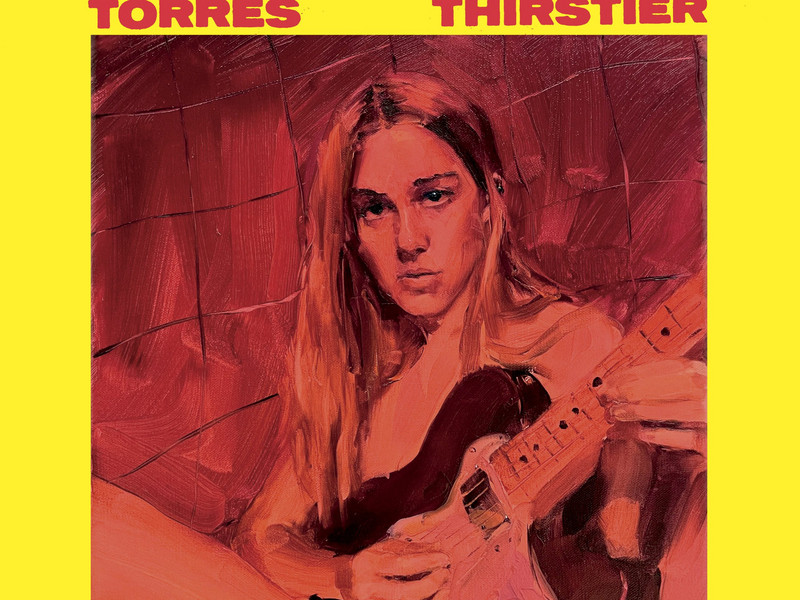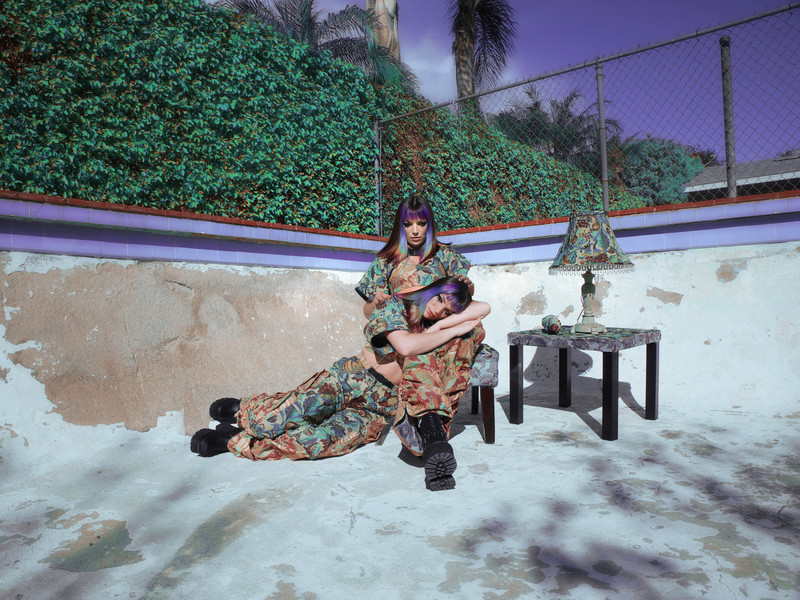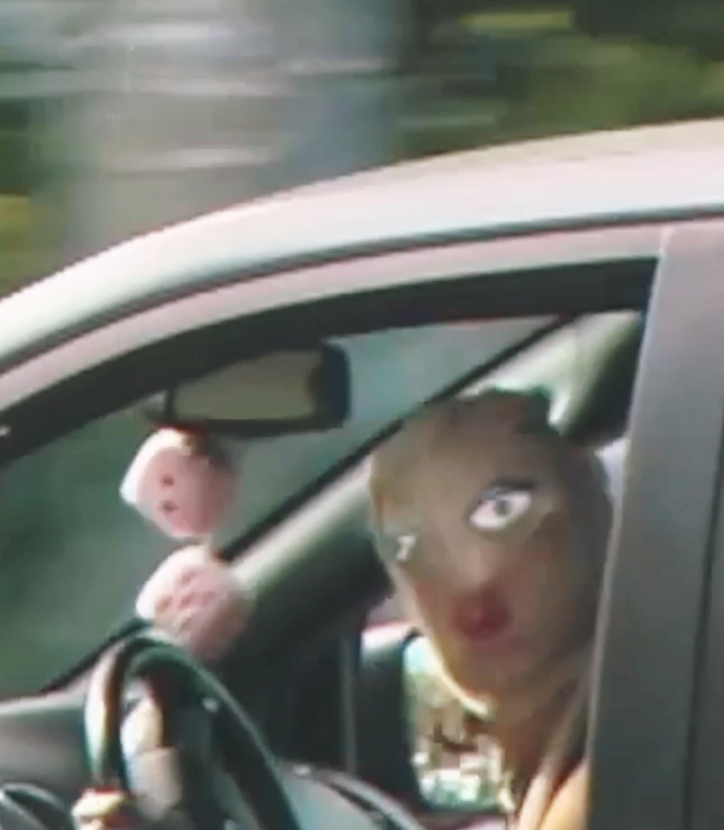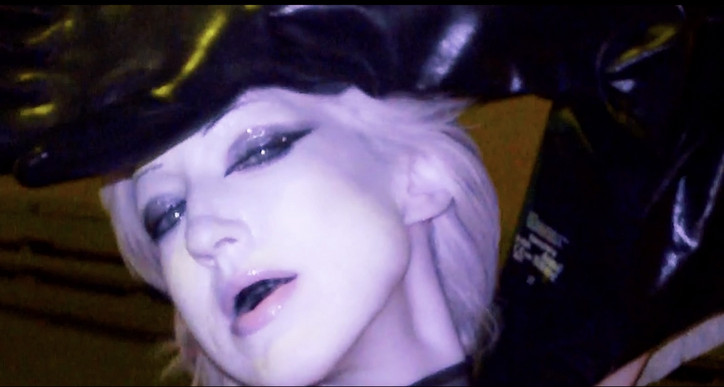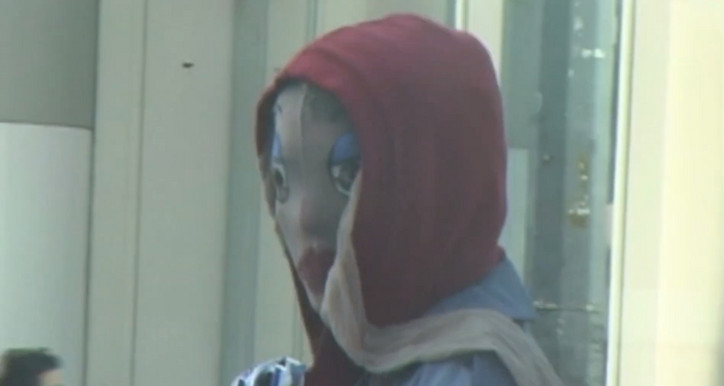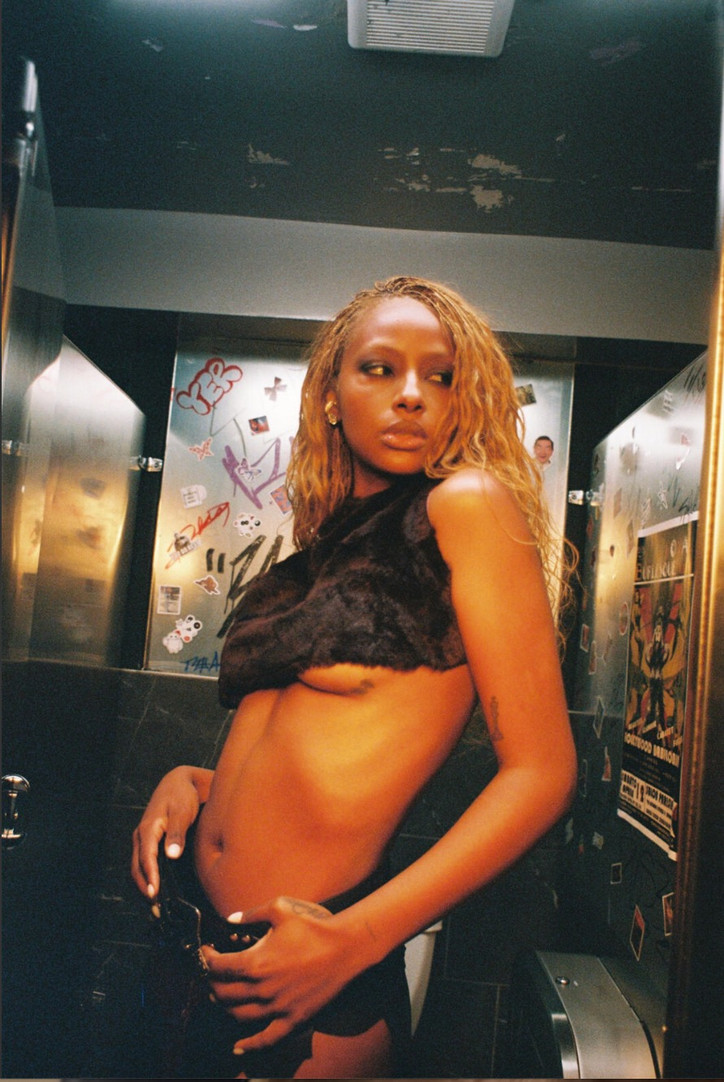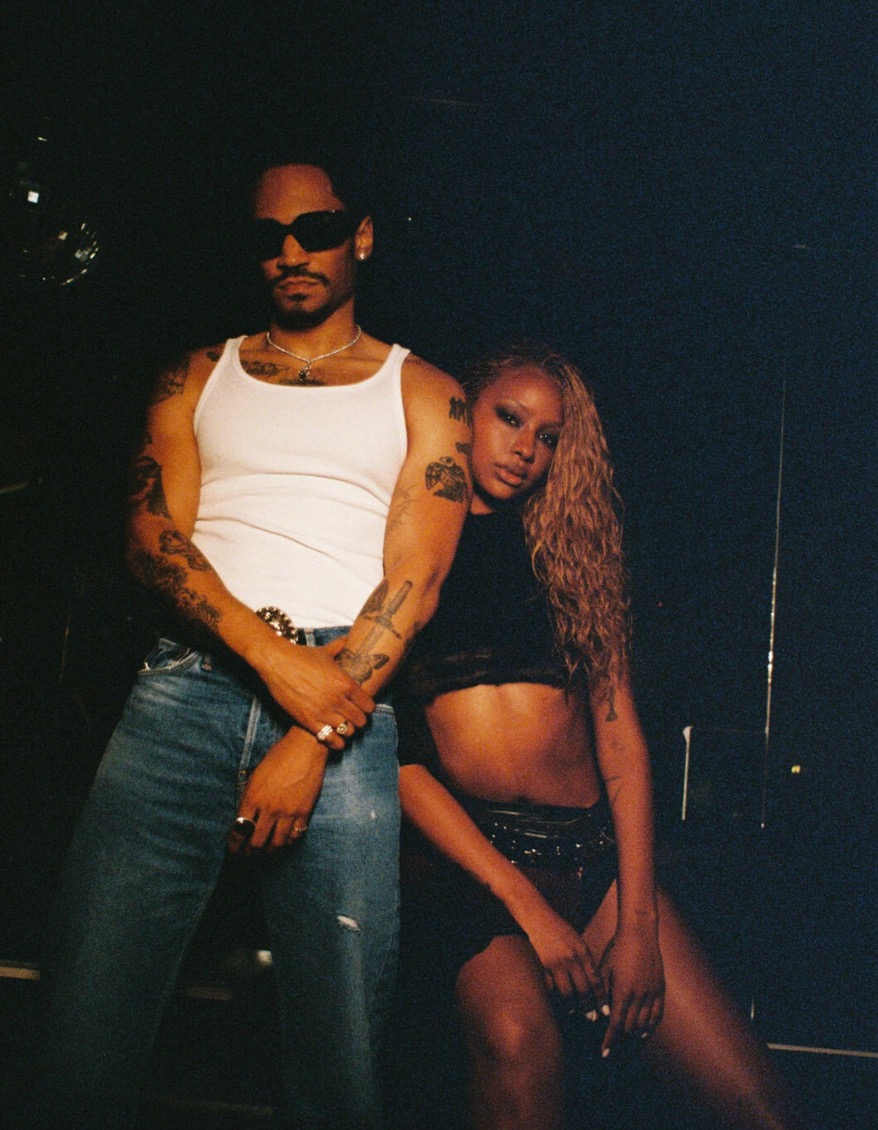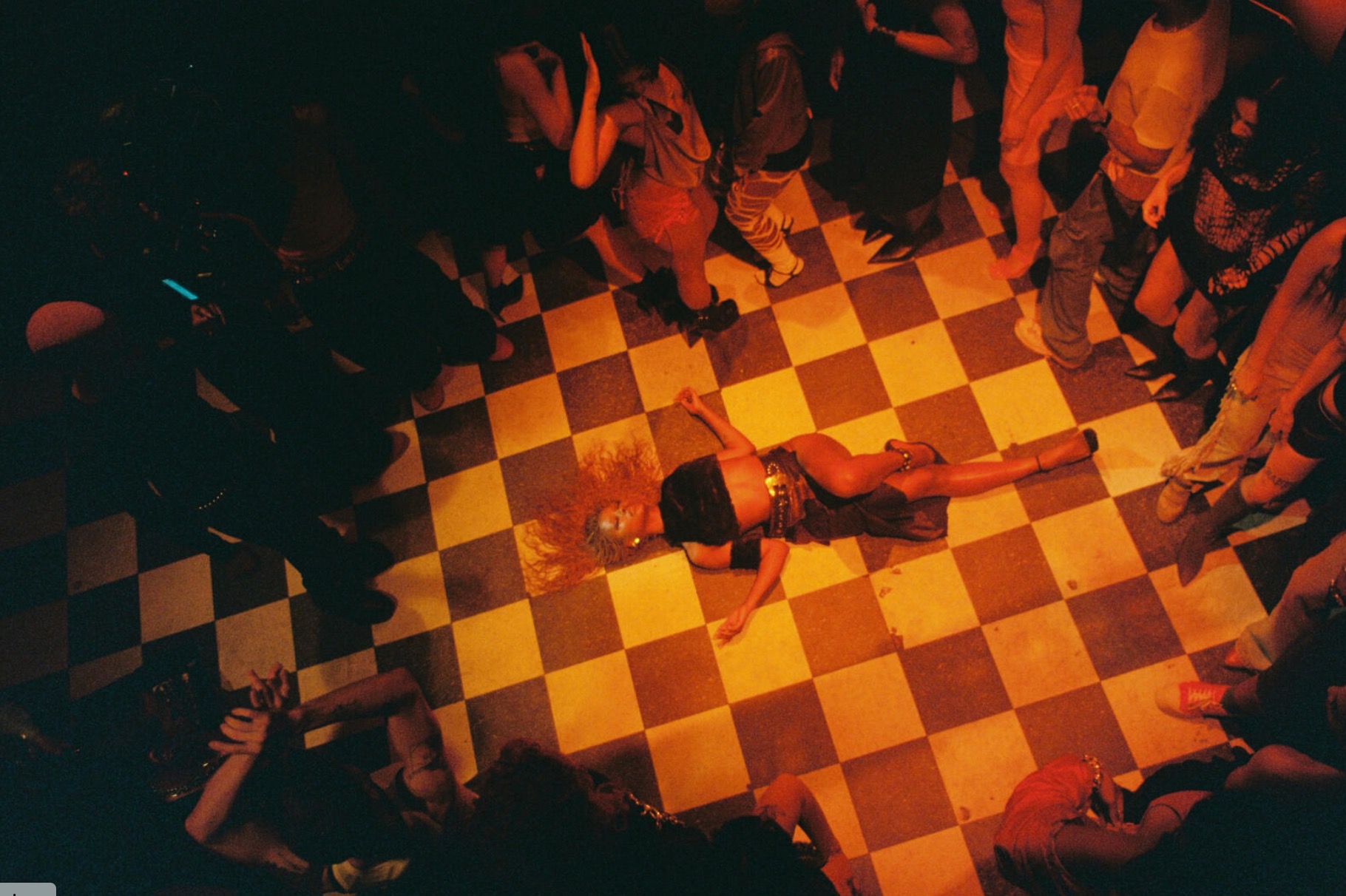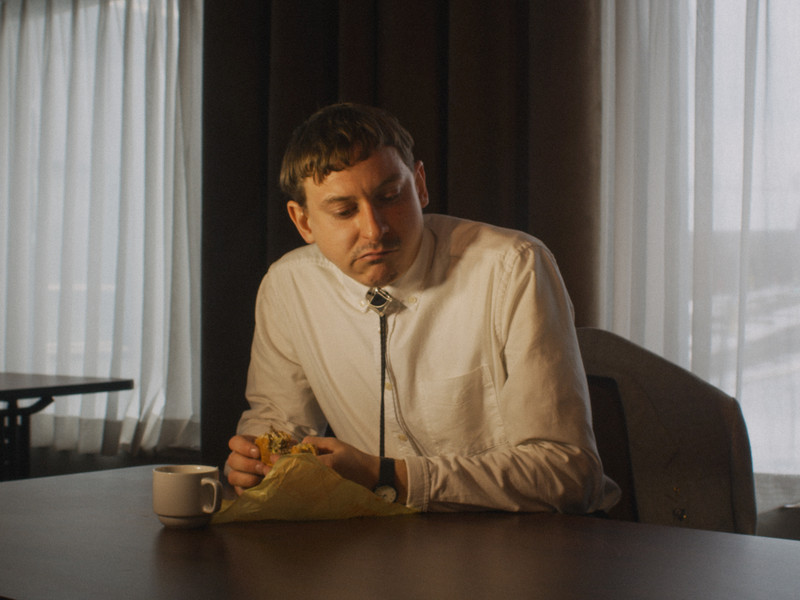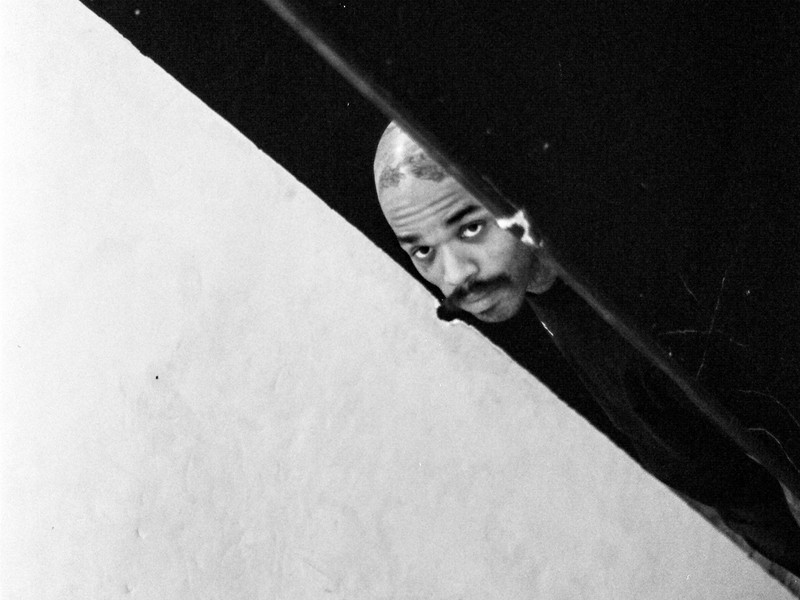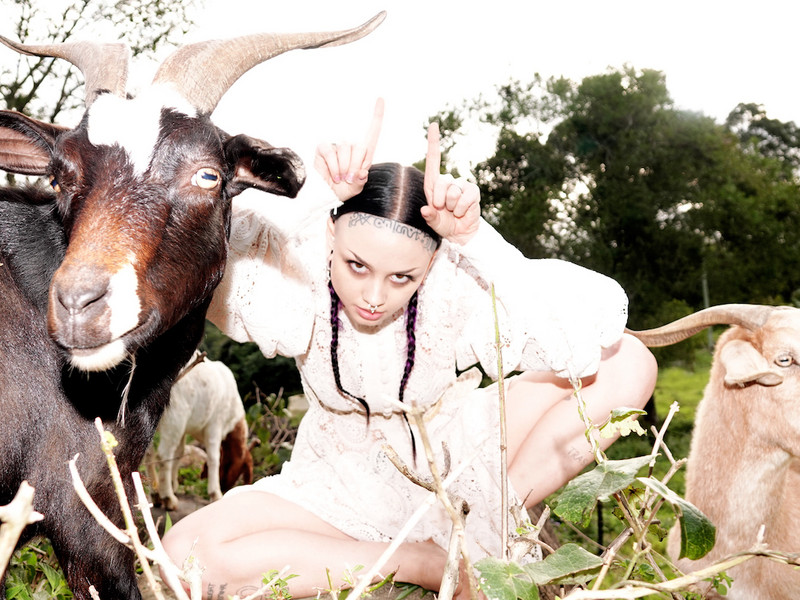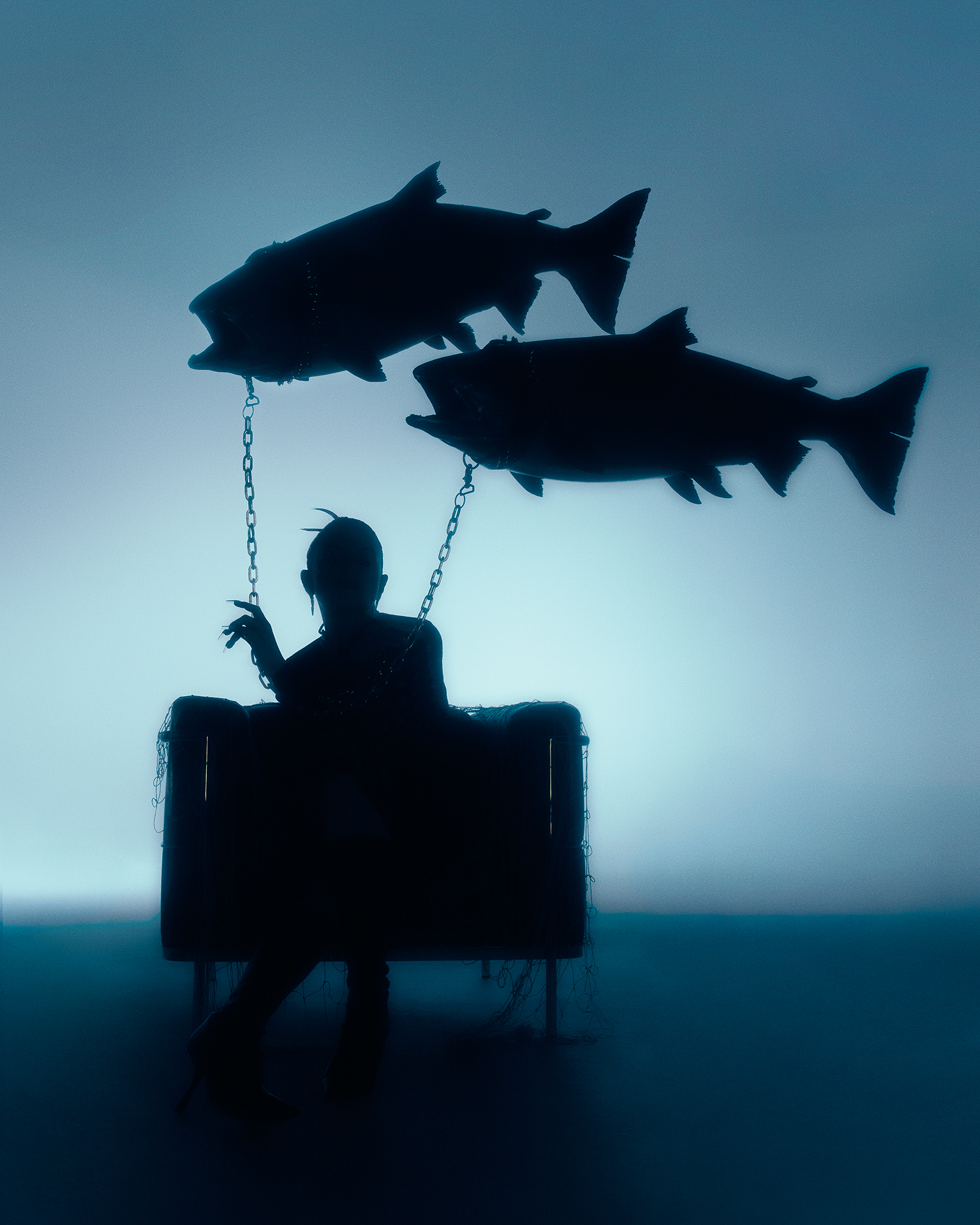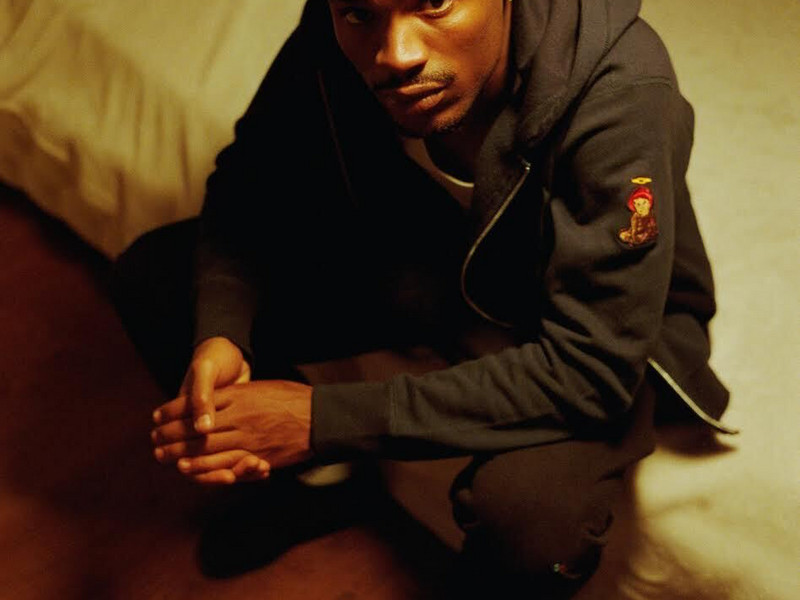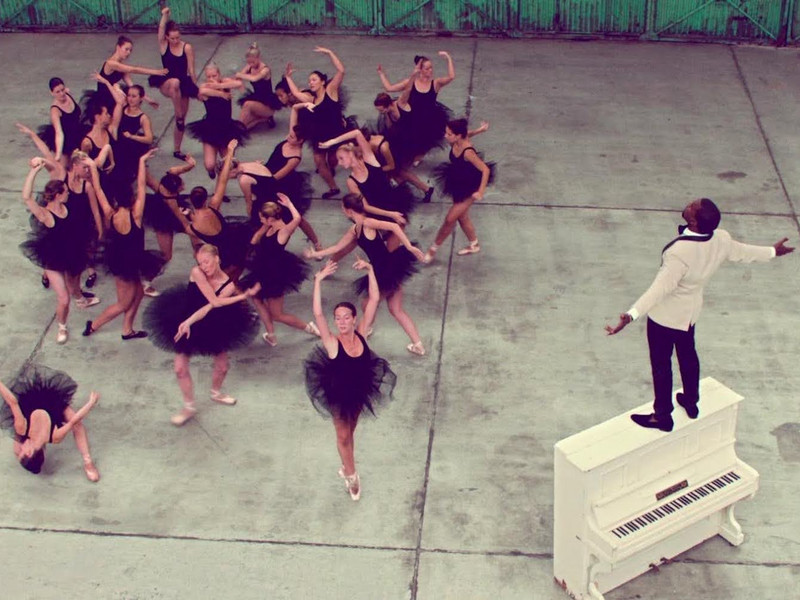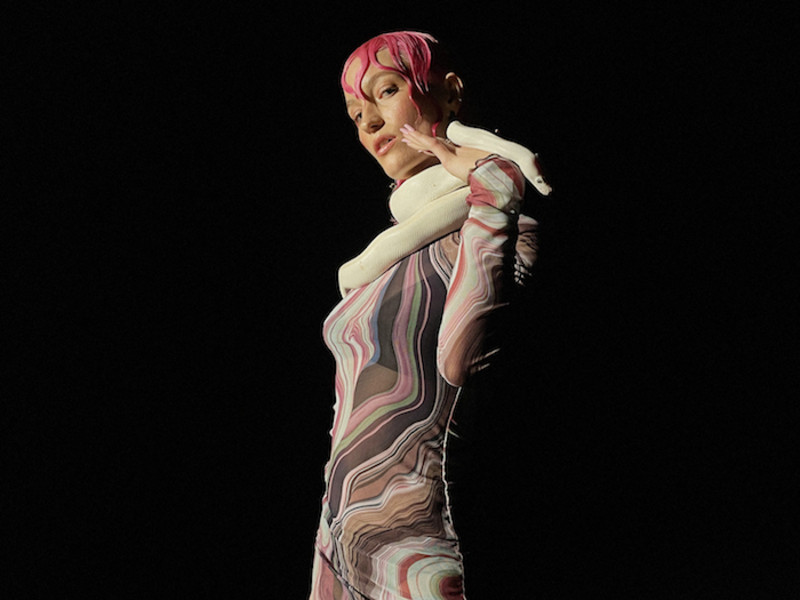Haux’s Unavoidable Blue Skies
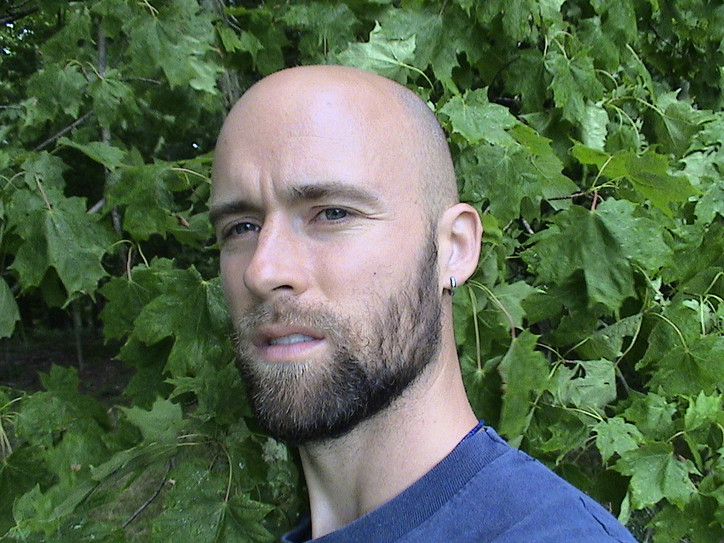
Though it's in the name, Los Angeles is not home in Blue Angeles. L.A. is what sits on the other side of home: a mirage of past desires. Haux, who grew up in Massachusetts, started to put the album together after returning to the woods of the East Coast, overwhelmed with Los Angeles' overstimulating urbanity. Finding a home in his good friend’s grandmother’s spiritual retreat amidst interspersed trips out west, he finished what would become Blue Angeles alongside a team of tight-nit collaborators and old companions.
Blue Angeles is an impressively cohesive sonic universe. In an era where consistency in records is often undervalued in favor of single based collections which utilize disparate teams of producers and songwriters, Blue Angeles stands apart in its pointedness.The record’s ethereal palette and cinematic song selection feel like natural developments of each other. This is in many ways a product of the record's reality as it is a product of stagnated isolation and an organically cultivated team of contributors.
On the day of Blue Angeles’s release, Haux hopped on a call with me over Zoom from the woods of Upstate New York to delve deeper into the story behind the album's creative process, his relationship to LA, and his growth as a person and an artist.
I know that the title of the record references LA, and from what i’ve read about the album leading up to its release it sounds like the album is in part a reflection of a contentious relationship to it in the sense that the city is in part what you’re reacting to and/or growing apart from in the record. Am I catching something real with that?
It’s funny because LA is kind of interspersed throughout the whole record. I went there to try it out back in 2020. I got a good feeling from it, it was a place I always wanted to go. I wrote a couple songs there, mainly what would become the second half of the record on that first trip. Then throughout the process — mainly over the last three years — I'd stay there in the winter and return to the Berkshires in the summer. But yeah, throughout that process LA was the place I realized that I didn’t want to stay.
The record feels like it reflects that. You can tell when an album is a product of the LA session grind — not that there’s anything necessarily wrong with that — but this record really feels like you built a world with a small community. It sounds really intentional. It’s apparent that you really took the time to be with yourself during its creation away from LA, which I really appreciated.
I know exactly what you mean. Sometimes a record can be finished in one session or a couple sessions. These songs are on the completely otherside of the spectrum. You know it’s been three years and some of these songs were written in 2020. I’ve had them in my soundcloud forever. It’s really funny, because it’s hard to relate to them now because it's been so long. But at the same time, I think it’s important to put it all together for me because it encapsulates this transition, this season of my life in one fell swoop I guess.
Right. And that season is a period of around three years right? What do you feel like you were processing in that three year period?
I guess this album is adolescence for me. I’ve had a lot of time to think about it and my thoughts have changed a lot over time, and as we change we have new ideas, but this one has stuck around like a good melody does. The last album, Violence in a Quiet Mind, I always felt like I was writing songs from the perspective of like an 8 year old to a 12 year old. They were all songs based on my childhood: what I went through as a kid with a single mom who was working really, hard, dealing with substance abuse, and these bigger heavier topics: really figuring out how it felt emotionally. But this album, Blue Angeles, it's really the adolescence chapter, the chapter of stepping out into the world and being myself, wearing clothes that don’t fit, and thinking of myself as an individual. Rather than thinking of myself as this kind of insular part of someone else's life.
Totally, like fostering a kind of autonomy. And given that you’re from Massachusetts it makes sense that the east coast would be an integral part in that process. Were there particular places on the east coast that aided you in that process?
Yeah totally. There’s this place I called “The Mountain,” it's over in Great Barrington. It’s my friend's grandmother’s property that she ran as a spiritual retreat center. It’s right off the Appalachian trail and it’s also a hikers quarters. But that kind of shut down when she got older and for Covid. I would basically return there from LA in the summer with my friend and his grandma. We’d basically live up there, I wouldn’t leave often. He’s also a musician and a producer on this record, my friend Aug E. Rose. So that place was really influential for me coming back to the east coast.
Wow, that's really interesting. Were you practicing at the retreat? Like was there a regimented spiritual nature to what you were doing? Or was it more free?
It was really free. I kind of knew the context of where I was but I wasn’t thinking about it in any structured way. I knew I had been in LA for a couple years and really had been beaten down by the concrete and the noise. I’m a pretty sensitive person, and I was living next to the freeway in Silverlake and the freeway was just killing me. So coming back to this place was a way for me to rest and recover. It was really quiet because it’s up in the woods. I guess the way life unravels sometimes you don’t know why you chose something but all of a sudden you’re there and it feels good, so you’re just like “well I might as well stay.” So it was free in that sense.
I can hear that freedom in the songs on the record too. I’m curious in that regard how that experience formed the way the record was produced. Both in terms of the literal process but also what you ended up going for sonically and artistically with the project. When you were in the midst of returning to this place and writing the songs for the record were you thinking about how you wanted the world you were aiming to create to sound when it was produced? I’m curious about the differences between the perspective you embarked on your journey with the record with and where you ended up at the end.
I think it evolved through the course of making it. So I put the part I wrote first for the second half of the record and the part I wrote second for the first half of the record. I think it breaks up for me into these two sections of time. The part that I wrote first I worked on with Thomas Bartlett. He’s a friend, and we worked on Violence in a Quiet Mind together. And so I had this working relationship with him. I wrote those songs in LA in the beginning and he just felt like the right person to bring it too. After we kind of figured out what those songs were I sat on them for like a year and a half. I was in the midst of writing new stuff in LA and just going through growing pains out there so I started writing new songs, and eventually I put everything together and felt like I had an album. I then sent it to my friend Maxwell Byrne who’s a producer from Australia. I had an idea about what I wanted him to bring, but I think it was really about giving him everything and just kind of let him take a stab at it. He brought a lot of texture and grittiness and that 90s feel which was a part of a lot of the music I was listening to at the time. He brought this summer attitude because it was summer for him at the time in Australia. And so I think a lot of what he brought represented that L.A. feeling to me. But I never really go out wanting it to sound a certain way with my songs. They kind of take on a life of their own as I build them. And who I work with has a big influence on how they sound as well.
Well I think it ended up sounding really cohesive. There’s also a really existential element to what you’re tackling in the record. I’m curious if you could elaborate on your relationship to the existential or spiritual condition that you were channeling into your process of creation at the time, and what you hoped to be received through that?
Blue Angeles really gave me the time to explore myself and my old pattern of taking care of others before taking care of myself. And through that deep self-reflection I noticed my old patterns more and more until I outgrew them. So, yeah I hope this album gives other people the time and space to practice their own self-reflection. And that this spirituality is based around the idea that if we take the time to care for ourselves, we make space to care for the world around us.
My last question is about the title of the record. I can cerebrally understand the title in the sense it definitely feels right, but as an interviewer I’m curious about what specifically went into choosing it.
It’s funny because naming things is really fun to me but it’s also really challenging. I went through a million names for this but “Blue Angeles” I felt encapsulated it in a way that recognized my time in LA and how it felt. I think that basically it was just this feeling of unavoidable blue skies in Los Angeles and that was really the only nature I was able to connect with out there.
